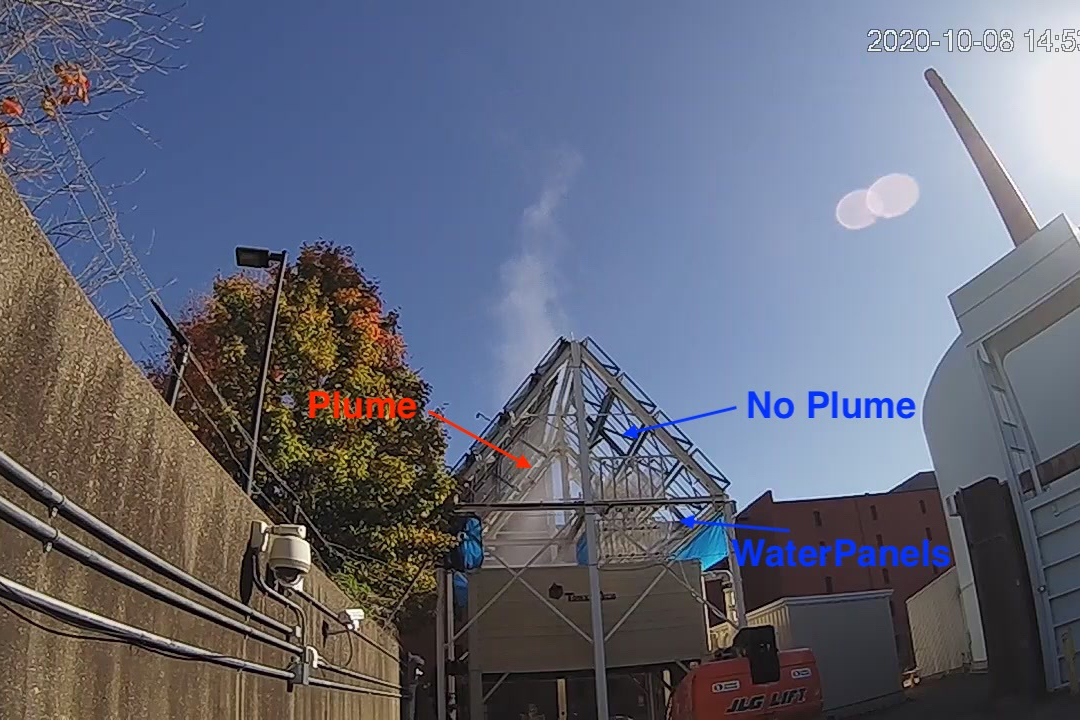DNS-based Authentication of Named Entities
DNS-based Authentication of Named Entities (DANE) is an Internet security protocol to allow X.509 digital certificates, commonly used for Transport Layer Security (TLS), to be bound to domain names using Domain Name System Security Extensions (DNSSEC).[ 1]
It is proposed in RFC 6698 as a way to authenticate TLS client and server entities without a certificate authority (CA). It is updated with operational and deployment guidance in RFC 7671. Application specific usage of DANE is defined in RFC 7672 for SMTP and RFC 7673 for using DANE with Service (SRV) records.
TLS/SSL encryption is currently based on certificates issued by certificate authorities (CAs). Within the last few years[when? ], a number of CA providers suffered serious security breaches, allowing the issuance of certificates for well-known domains to those who don't own those domains. Trusting a large number of CAs might be a problem because any breached CA could issue a certificate for any domain name. DANE enables the administrator of a domain name to certify the keys used in that domain's TLS clients or servers by storing them in the Domain Name System (DNS). DANE needs the DNS records to be signed with DNSSEC for its security model to work.
Additionally DANE allows a domain owner to specify which CA is allowed to issue certificates for a particular resource, which solves the problem of any CA being able to issue certificates for any domain.
Leave a Comment
Related Posts





/cdn.vox-cdn.com/uploads/chorus_asset/file/25628030/shine2.jpg)












